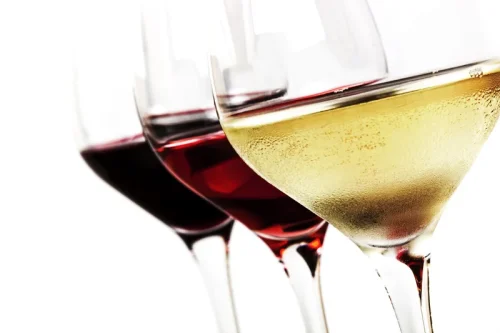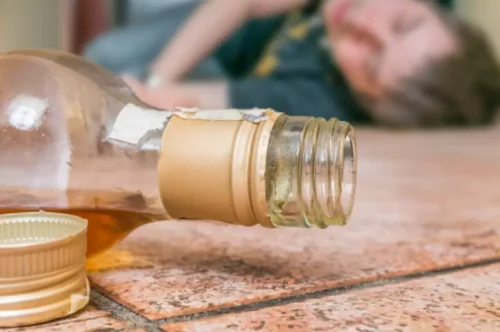
For many people, recovery or treatment is actually started because someone they love has detached, threatened to leave, or been hurt in ways that motivate change. But there’s often little direct attention to relationship difficulties in recovery programs unless it includes romantic relationships in recovery structured couple or family therapy. So how do we disrupt this growing sense of loneliness, especially for those on the path to recovery from addiction? According to the National Institute on Drug Abuse, addiction is a treatable disorder that can be managed, but not cured.
- Not setting boundaries can put you at risk of getting hurt, and life can feel chaotic and unmanageable.
- It can feel unfair to have to be the one to leave, but it’s important to prioritize your recovery and stick to your boundaries.
- However, it is rare to read a book that integrates the parallel recovery process that is necessary for couples in which one individual is in sobriety and the other is not.
- We publish material that is researched, cited, edited and reviewed by licensed medical professionals.
- You can form new friendships, and do that, look in places where you know you’re going to be able to find individuals who are healthy and like-minded.
Understanding the Effects of Addiction On Your Relationships
- Recovery Centers of America is here to help patients and their loved ones during all stages of the recovery journey.
- Or you can practice being compassionate by performing an act of love each day.
- They can help identify triggers and patterns that may hinder our recovery, allowing us to make the necessary adjustments and improvements.
- 12-step groups, offered in inpatient and outpatient rehab facilities, build community for individuals getting treatment for substance use disorders.
If you’re in recovery, practice empathy toward your loved ones who may not fully understand what you’re going through. If you’re supporting someone in recovery, you might need to set boundaries around enabling behaviors or taking on too much responsibility for the other person’s well-being. https://ecosoberhouse.com/ are possible, but they take effort from everyone involved. This guide can help you navigate these relationships, whether you’re in recovery yourself or are supporting someone else who is.
Find healthy ways to include your partner in recovery.
Perhaps you are in a relationship whereby your partner is used to having to be your caregiver. They may well struggle with your new-found independence and desire to form new friendships. In instances like this, couples counselling or your partner attending Al-Anon or similar for themselves can really help.
- While these relationships are crucial to success, your partner is an important person to talk to, confide in, and draw support from.
- Ultimately, your loved ones must be willing to reconnect and try to rebuild your relationship, which can be a vulnerable decision if they’ve been hurt in the past.
- We tend to focus mostly on romantic and family relationships, but other types of relationships can have a big impact on your recovery efforts as well.
- This two-way communication is crucial in repairing and strengthening relationships during the recovery process.
Communication and Trust Building
Coming into recovery there is a need to distance yourself from these relationships, and for many, that means building a whole new set of friends. Recently, a friend of mine who is a primary care physician was trying to encourage their patient to quit smoking. “Every time I open a pack of cigarettes I have 20 friends.” This sentiment, that a person’s addiction offers a (false) semblance of companionship, is a common one.
- Taking full responsibility without excuses shows your loved ones that you are genuinely committed to change and are aware of the pain you’ve caused.
- We’re ready to make sure you have the support you need to achieve lifelong recovery.
- In addition, being empathetic or placing yourself in someone else’s shoes is another important skill to learn.
- These settings can provide a safe and supportive environment for making new friends who are committed to a sober lifestyle.
Recognizing Healthy and Unhealthy Relationships in Recovery


Importance of Relationships in Recovery: Guide to Repairing Relationships
